Life as a student is a battle of its own accord. But, thankfully, it is one that we can fight with readily available and easily accessible weapons. With the modern advancements in today’s world, students can choose from a wide array of apps and websites to help them with their schoolwork. They only need to identify their strengths and weaknesses in order to select the right platforms for them.
Here are five websites/apps that that have been really useful to me as an English Language Studies student:
Hemingway Editor
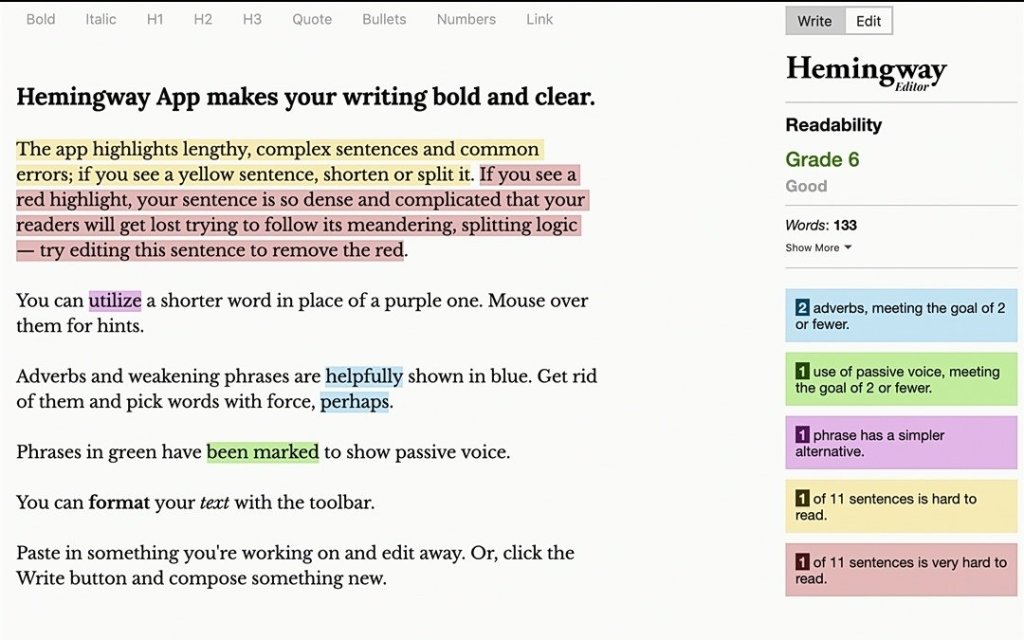
Hemingway is an online editing tool named after the famous author Ernest Hemingway. In the spirit of its namesake, Hemingway is designed to make your writing concise. It is a proofreading system that assists users by pointing out issues such as complex sentences, unnecessary adverbs, and passive voice. The application enables students to use an automated readability index (ARI) to determine the grade level of their text. It does not proofread your content for spelling and grammar mistakes. What it does is highlight instances of poor writing that have an impact on readability grades and overall quality.
Note: I like all of its features but I specifically use it when I need to know the reading time of my works that I have to present in videos as well as in face-to-face classes so that I can make necessary changes to fit the duration I am given.
PaperRater
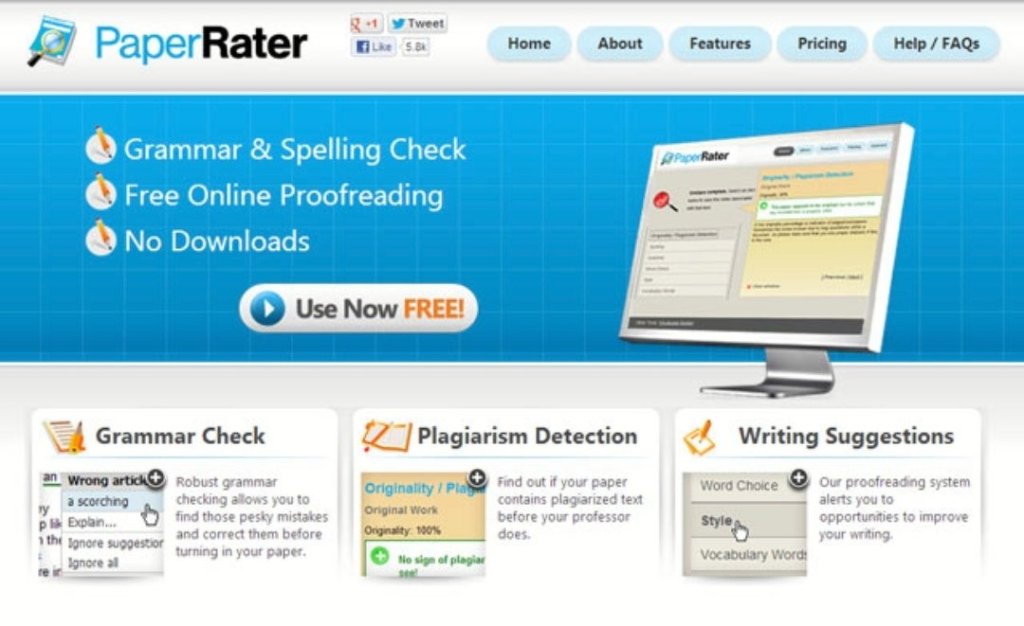
PaperRater is an online proofreading software that uses artificial intelligence (AI) technology to detect grammatical errors, detect plagiarism, and automatically score writings. Users can submit files in a variety of formats to the site, including DOC, ODT, TXT, RTF, and DOCX, and then utilize the vocabulary builder to discover new words and their meanings in various contexts. What’s more is that you are asked to input your education level and select what type of paper you are submitting, making sure that the software provides accurate feedback with pointed expertise.
Note: It instantly gives you a detailed report about things you did well and needs to improve on in your work such as the use of transitional phrases, sentence beginnings, and usage of academic vocabulary. I can say that it has been a life-changer for me—it hasn’t just delivered me reports, it has also taught me different ways that I can improve my writing.
Scribbr Citation Generator
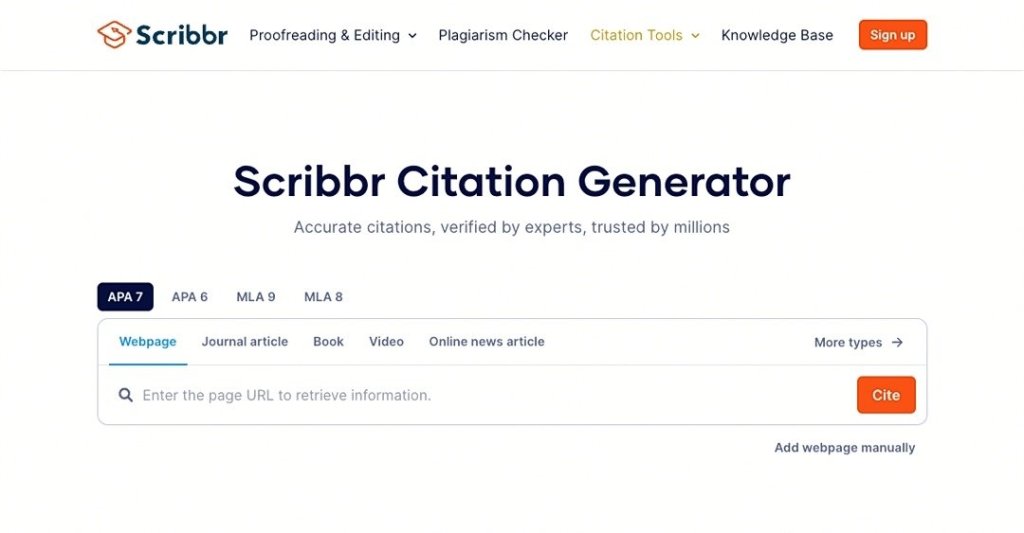
Scribbr is a free online citation generator that allows users to instantly generate accurate citations for any source in APA, MLA, Chicago, Harvard, and any other style. It instantly creates a reference list entry and citation in chronological order, ready for you to copy and paste into your document. Moreover, it extracts the key sentences from the page, complete with proper citations, allowing you to seamlessly incorporate them into your paper. Additionally, it also contains guided tutorials on citations, plagiarism, writing, and much more.
Note: Just be sure to double-check the citations generated from this site, and correct any errors with the edit button. Yes, you can edit them after they are generated! I love Scribbr, it’s what I always use when referencing my academic papers.
Diigo
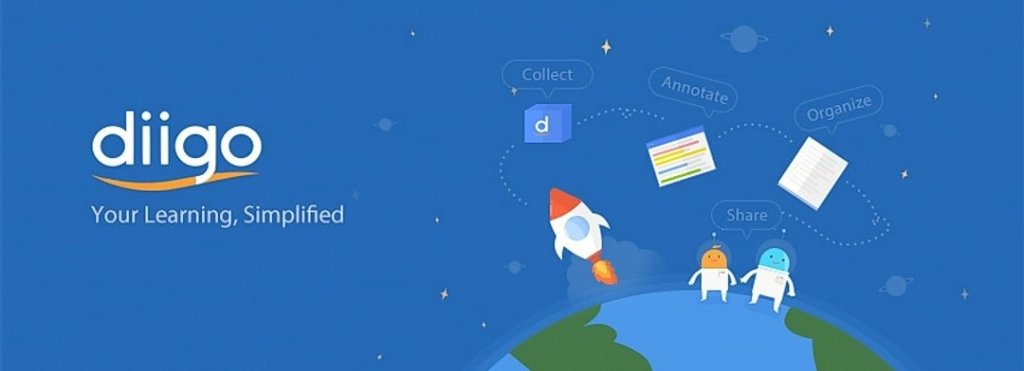
Diigo is a powerful, free, social bookmarking tool with annotating features. Any annotated items can then be uploaded and organized in an outlining document. It is like a bookshelf of your favorite books, each one marked up with highlighted sections, comments in the margin, and sticky notes to remind you of and guide you toward the most important bits. Diigo is an acronym that stands for “Digest for Internet Information, Groups, and Other stuff” and this broad mission has long been a favorite of educators at all levels.
Note: As we are often tasked to read articles and short stories, Diigo is perfect as it helps me highlight parts that I deem significant and comment my thoughts on them as well. And of course, it’s also useful for reviewing!
WordUp
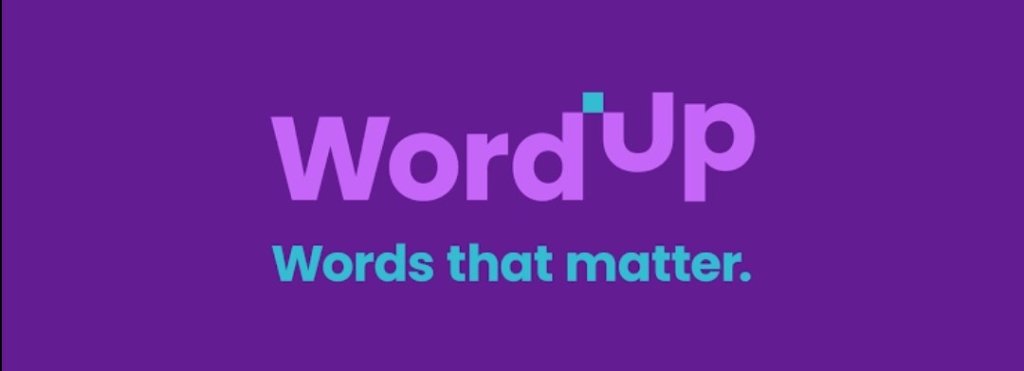
WordUp is a breakthrough AI-based language learning tool that aims to boost English vocabulary for all users, from native speakers to beginners. By focusing on learning through experience, it makes language learning more accessible to people all over the world and adds fun and efficiency to learning new words. WordUp provides definitions and images to tens of entertaining instances from movies, quotes, news, and other sources. There are also translations in more than 30 languages including French, Spanish, German, Arabic, Turkish, Persian, and more.
Note: As an English Language Studies student, I have to broaden my vocabulary and achieve native-like fluency in the language. WordUp is just awesome. It builds a knowledge map by identifying the words you know and don’t know. It suggests a new term to you each day based on your current knowledge, allowing you to steadily improve your language proficiency.

